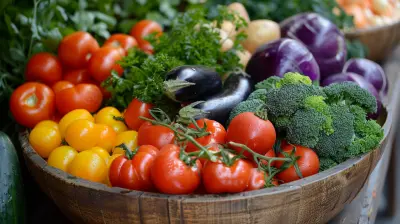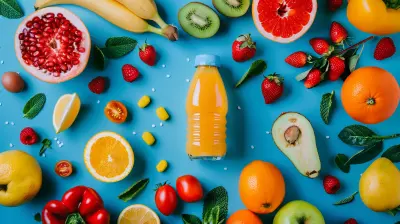The Environmental Impact of Choosing Organic Foods
28 September 2025
In today's world, where climate change and environmental degradation loom large, our food choices carry weight far beyond our personal health. Organic foods have gained a lot of attention, not just as a health-conscious trend but also as a potential solution to reducing our ecological footprint. But how much of a difference does going organic really make for the environment? Let's break it down. 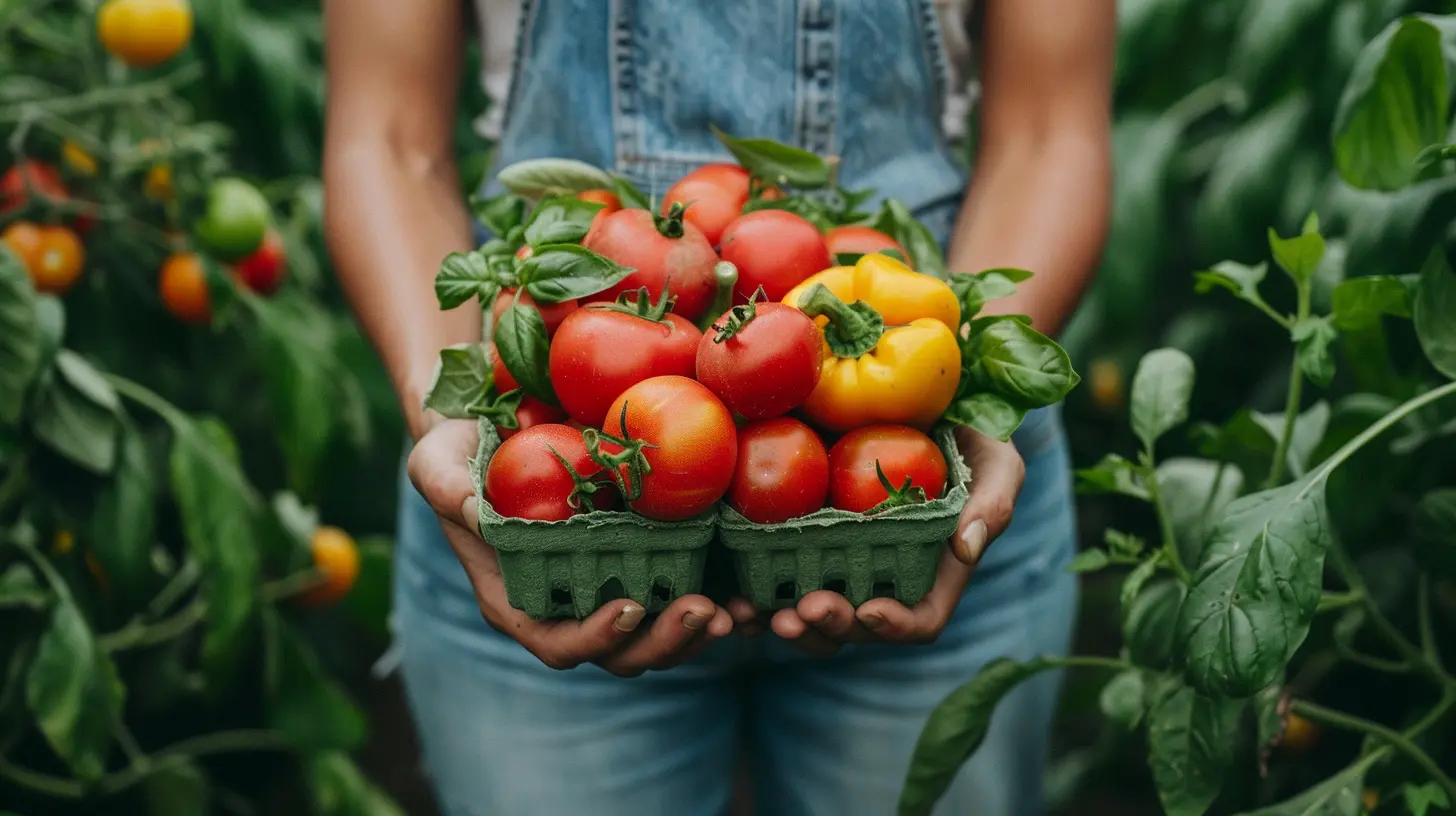
What Does "Organic" Really Mean?
Before we dive into the environmental impact, let's get one thing straight—what exactly qualifies as organic food?Organic farming eliminates synthetic pesticides, herbicides, and genetically modified organisms (GMOs). It also promotes soil health through crop rotation, composting, and natural fertilizers. Livestock raised organically are not given antibiotics or synthetic hormones, and they must have access to outdoor spaces.
But does all of this actually make a difference to the planet? The answer isn’t black and white. 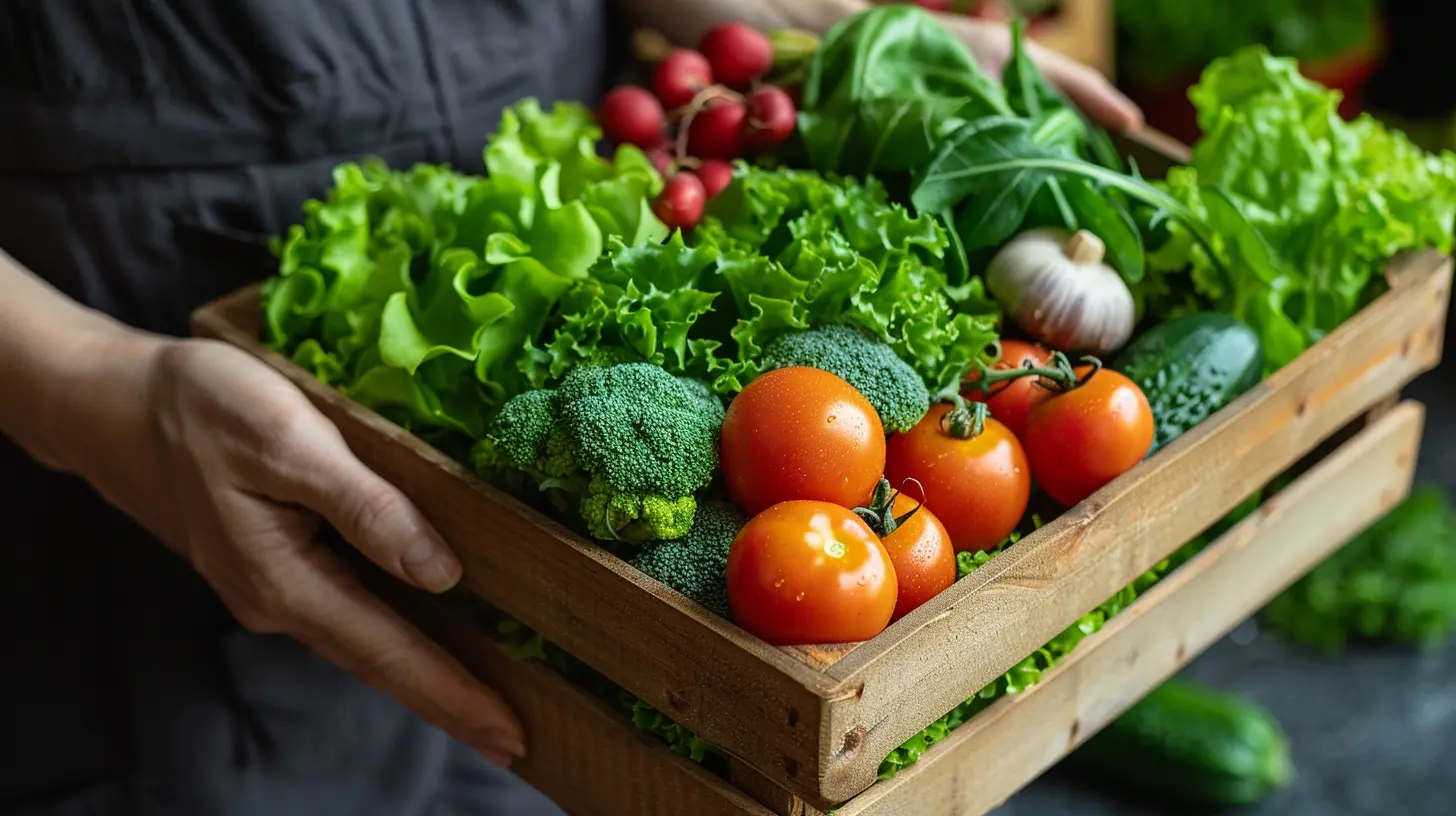
1. Reduced Chemical Pollution
One of the biggest environmental benefits of organic farming is the absence of synthetic chemicals. Traditional agriculture relies heavily on chemical pesticides and fertilizers that often seep into soil and water, causing pollution.The Problem with Conventional Farming
- Synthetic pesticides kill more than just pests—they harm beneficial insects like bees and butterflies, which are crucial for pollination.- Runoff from chemical fertilizers contaminates rivers and lakes, leading to issues like algal blooms that kill aquatic life.
- These chemicals can linger in the soil for years, affecting future crop yields and biodiversity.
Organic Farming’s Solution
Organic farmers use natural pest management techniques like crop rotation and companion planting. They also rely on organic fertilizers like compost, which enriches the soil instead of poisoning it. This means fewer toxins entering our water supply and a healthier ecosystem overall.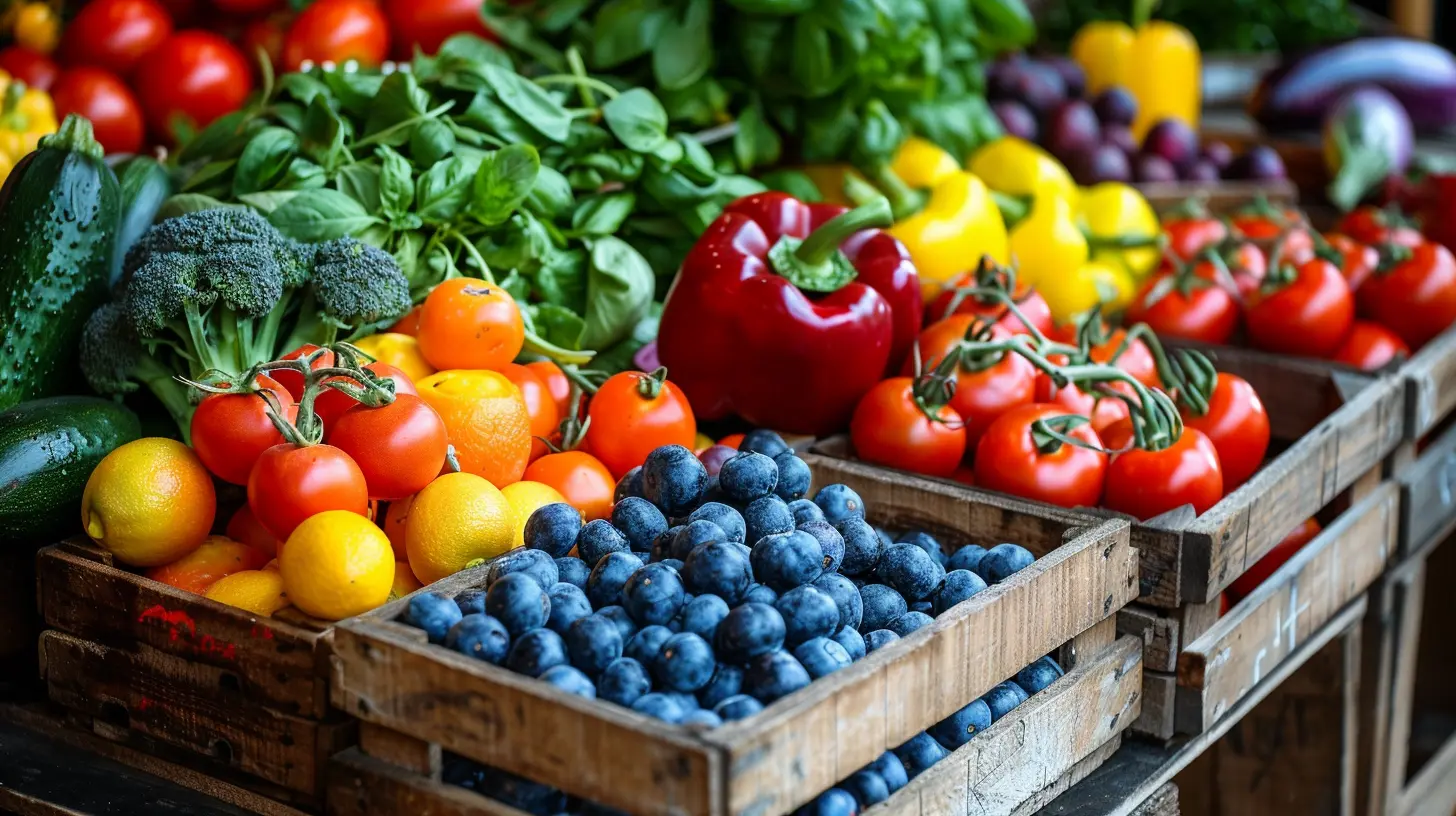
2. Improved Soil Health
Healthy soil isn’t just dirt—it’s a living, breathing ecosystem teeming with microorganisms that help plants grow. Conventional farming tends to degrade soil quality over time, while organic practices aim to improve it.Soil Degradation in Traditional Farming
The heavy use of synthetic fertilizers might boost crop yields in the short term, but it comes at a cost. Over time, these artificial inputs strip the soil of essential nutrients, making it less productive.How Organic Farming Helps
- Organic practices like composting and cover cropping restore nutrients to the soil.- Crop rotation prevents depletion of specific minerals, maintaining soil balance.
- Organic soil retains more moisture, reducing the need for excessive irrigation.
Simply put, organic farming treats soil like a long-term investment rather than a short-term gain. 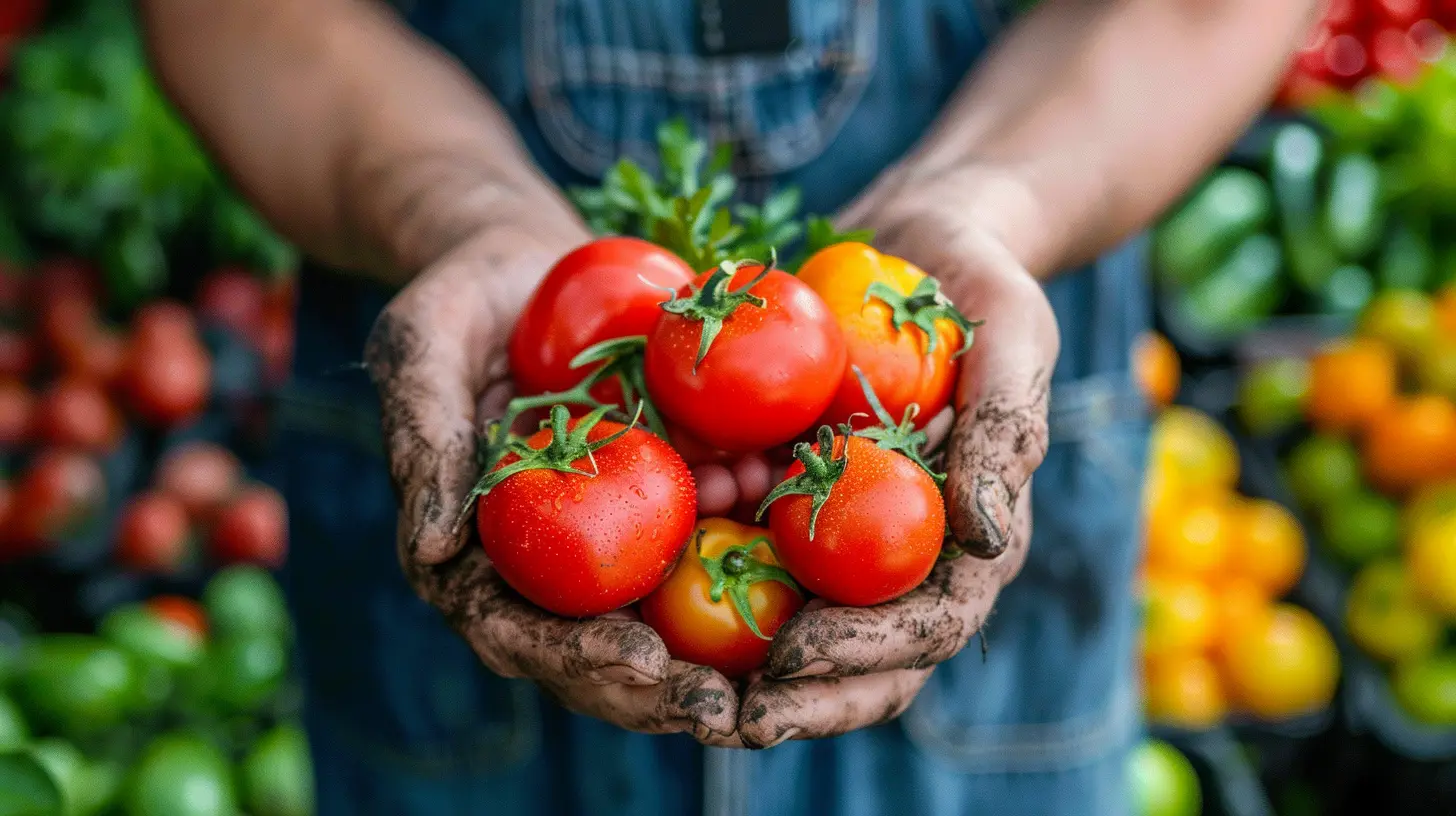
3. Lower Greenhouse Gas Emissions
Climate change is a major concern, and agriculture plays a significant role in global greenhouse gas emissions. Conventional farming contributes through the use of synthetic fertilizers, large-scale machinery, and deforestation for farmland.Why Conventional Farming Increases Emissions
- Synthetic fertilizers release nitrous oxide, a greenhouse gas almost 300 times more potent than carbon dioxide.- Heavy machinery burns fossil fuels, increasing carbon emissions.
- Deforestation for large-scale monocultures eliminates trees that absorb carbon dioxide.
Organic Farming’s Lower Carbon Footprint
- Organic methods eliminate synthetic fertilizers, cutting down on nitrous oxide emissions.- Many organic farms use smaller-scale, less mechanized production, reducing fuel consumption.
- Healthy organic soils store more carbon, acting as a natural carbon sink.
While organic farming isn’t completely emission-free, it certainly has a lighter impact on the climate.
4. Biodiversity Benefits
Biodiversity—the variety of life on Earth—is crucial for a balanced and resilient ecosystem. Unfortunately, conventional farming is notorious for decreasing biodiversity through monoculture and pesticide use.The Problem with Industrial Agriculture
- Monoculture (growing a single crop over large areas) makes ecosystems more vulnerable to pests and diseases.- Pesticides kill not only targeted pests but also beneficial insects, birds, and even small mammals.
- Habitat destruction for farming eliminates homes for countless species.
How Organic Farming Supports Biodiversity
- Organic farms tend to grow a variety of crops, promoting ecological balance.- Without synthetic pesticides, beneficial insects like bees and butterflies can thrive.
- Organic farms often incorporate hedgerows, wetlands, and natural habitats that support wildlife.
In short, organic farms work with nature rather than against it, creating healthier environments for all living creatures.
5. Water Conservation and Quality
Water is a precious resource, yet conventional farming wastes and pollutes massive amounts of it.How Industrial Farming Harms Water
- Chemical fertilizers and pesticides seep into groundwater, contaminating drinking sources.- Over-irrigation depletes freshwater reserves, causing water shortages.
- Soil erosion from intensive farming further degrades water quality.
Organic Farming’s Water-Friendly Approach
- Healthier organic soil retains moisture better, reducing the need for excessive irrigation.- Without synthetic chemicals, water sources remain cleaner.
- Practices like mulching and agroforestry help prevent soil erosion.
Our planet’s freshwater supply is dwindling, and organic farming offers a way to use it more efficiently.
6. Ethical Treatment of Animals
Factory farms, or concentrated animal feeding operations (CAFOs), are a major source of pollution and ethical concerns. These facilities not only harm animals but also contribute significantly to environmental degradation.The Environmental Cost of Factory Farming
- Livestock raised in CAFOs produce large amounts of methane, a powerful greenhouse gas.- Manure runoff pollutes waterways, creating toxic dead zones.
- Factory farms consume massive amounts of water and grain for animal feed.
Organic Livestock Farming’s Alternative
- Animals in organic farms are raised with access to pasture and natural diets.- Waste management is more sustainable, using composting instead of large waste lagoons.
- Less reliance on grain for feed reduces deforestation and soil degradation.
By choosing organic meat and dairy, consumers can support more humane and environmentally friendly farming methods.
Is Organic Always the Best Choice?
While organic farming has many environmental benefits, it’s not without its downsides.Challenges of Organic Farming
- Organic crops often yield less than conventional crops, meaning more land might be needed.- Organic produce can be more expensive, making it less accessible.
- Transporting organic foods can still have a carbon footprint, especially if imported.
The key takeaway? While organic farming is generally better for the environment, it’s also important to support local, sustainable practices. Buying organic and local whenever possible is the best strategy for reducing your environmental impact.
Final Thoughts
Choosing organic food isn’t just about personal health—it’s about taking a stand for a healthier planet. Organic farming helps reduce chemical pollution, improves soil health, lowers greenhouse gas emissions, supports biodiversity, conserves water, and promotes ethical animal treatment.Is it perfect? No. But every organic purchase is a vote for a food system that values sustainability over short-term profit. If you care about the future of our planet, going organic—even when it’s just a little bit—can make a world of difference.
all images in this post were generated using AI tools
Category:
Organic FoodsAuthor:

Tiffany Foster
Discussion
rate this article
1 comments
Veronica Pacheco
Choosing organic foods benefits both personal health and the environment, promoting sustainability and reducing chemical exposure.
October 5, 2025 at 3:14 AM

Tiffany Foster
Thank you for your insightful comment! I completely agree—choosing organic foods not only enhances our health but also supports sustainability and reduces harmful chemical use in our environment.
